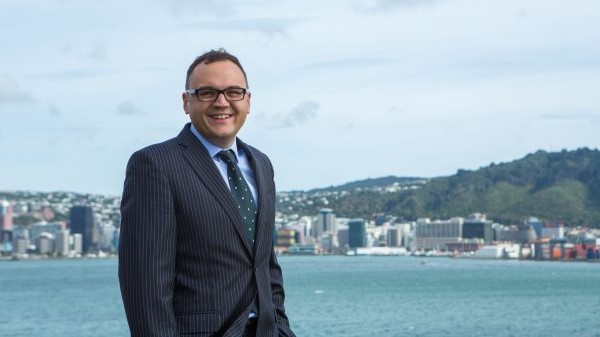
Cyclone Gabrielle has shown us once again road transport operators doing what they do best – that is, responding at a moment’s notice to need. We have seen that particularly in the Hawke’s Bay, Tairāwhiti, and Coromandel on top of the damage in Auckland and Northland.
Some trucking companies in these regions have been very badly impacted themselves; many have had their fleet or yards damaged; while thankfully many appear to be untouched. What I have noticed when speaking to the owners of these operations is how resilient they are. They are getting on with things and assisting others who are worse off than themselves. I think it’s a good indication of Kiwi spirit – and the attitudes and attributes of this industry more specifically. It should give those parts of New Zealand who have been hit by extreme weather, the confidence that the trucking industry is there for them at this very stressful time.
Right now, we are still in rescue mode, seeking out the people who need help and getting them the basics of life. Trucking will continue to play a very important part by getting fresh food and medical supplies into the affected areas. When we shift more to a recovery mode, the trucking industry is going to play an awesome role in transporting all the materials and supplies that will be needed for the rebuild. Trucking will be the backbone of this recovery effort as it is the backbone of day-to-day economic activity.
The importance of viable trucking companies in cyclone impacted areas is why last week I joined the combined industry group set up by MBIE to monitor the position of businesses and the supply chain in those regions. Transporting New Zealand also called for the Minister of Finance to start up a wage subsidy and business support package smartly – not because we support corporate welfare, but because in real practical terms the country needs viable trucking businesses to help at these times of stress. Leaving a small business without a month of income could render them useless. They will be needed when their customers start firing back into operation again.
It’s important that our trucking companies are fairly compensated for what they do so they as businesses can remain profitable and that we keep showing New Zealand that we are an industry that’s doing great work and that it’s a great place for people to come and work.
Fixing all the damaged roads will take a long time. I am hopeful that Prime Minister Chris Hipkins will deliver on his positive commitment to build bigger and better – that is going to mean more money for investment in roads, which we have been asking for from this government for many years. I am pretty sure that Hipkins understands that roads and trucks are the only things that can deliver in times like this. As has been demonstrated over the last couple of weeks yet again, rail is flimsy and unreliable when it comes to weather, but trucks will keep pushing through.
Severe weather events are going to happen again so we need more resilient infrastructure long-term. We are going to have to up-spec our infrastructure and where it is located. We are not going to be able to build back the same way, and we might not all be able to live where we’ve always lived. I don’t think that should be a scary prospect, we should face that challenge positively and be leaders in the debate suggesting new ways of doing things. One of our members in Tasman continues to agitate for a tunnel under the Cook Straight for instance. We need all ideas and suggestions on the table.
Civilisations have had to make the sorts of decisions about where they live and do business throughout the millennia. It might seem new to us, but it has been done before by humans. We just have to be grown-up and non-defensive in how we approach that change and understand the reasons behind it, and make really good decisions based on the evidence we’ve got about where we site things and where we build critical infrastructure.
By Nick Leggett, chief executive, Ia Ara Aotearoa Transporting New Zealand





